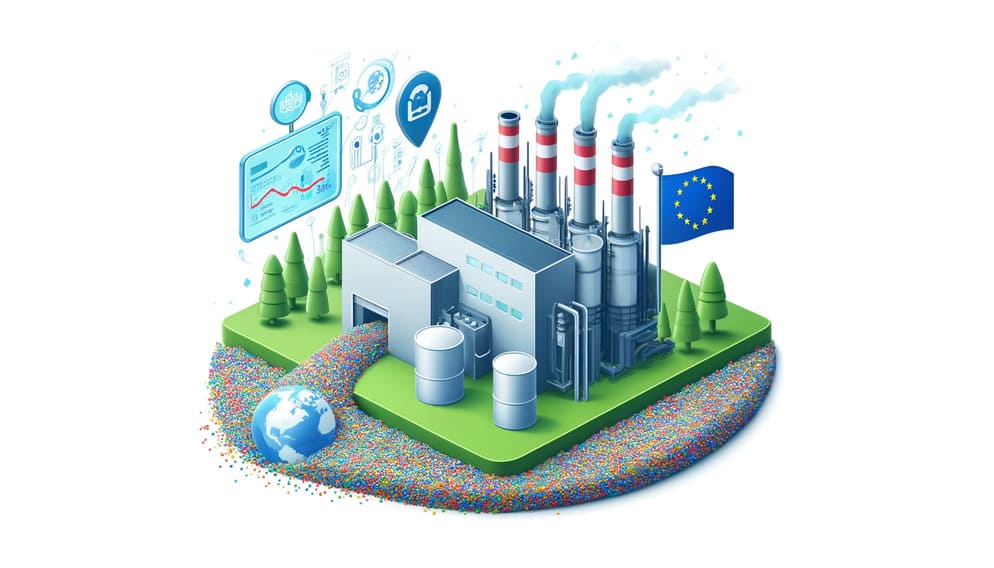Tackling Microplastic Pollution: EU’s New Regulations on Plastic Pellets
Microplastics, those minuscule plastic particles pervading our environment, are receiving heightened attention, particularly plastic pellets—a major contributor to this pollution. Here’s a concise breakdown of the EU’s latest regulations addressing this issue.
Plastic pellets, commonly used in plastic manufacturing, are a significant source of microplastic pollution. To combat this, the EU is implementing regulations to monitor their usage and disposal.
Offer Guidelines
Effective from 2025, suppliers of synthetic polymer microparticles must provide detailed instructions for industrial downstream users, focusing on preventing environmental releases. Additionally, they must disclose information on the quantity or concentration of microparticles and provide generic polymer identity details. By 2026, these instructions must extend to professional users and the general public, emphasising the importance of preventing releases.
Reporting Releases
From 2026, manufacturers and industrial downstream users of synthetic polymer microparticles in the form of pellets, flakes and powders used in plastic manufacturing, must submit estimates of the quantity of polymer microparticles released to the environment, which also shall include the quantity of polymer microparticles released during transportation.
Proposal for Enhanced Regulation
As well as the inclusion of polymer microplastics within REACH Restrictions, in April 2024, the EU agreed to the proposal of regulations in regards to the prevention of plastic pellet loss. This will include obligatory risk assessments, staff training and maintaining records of preventive measures, containment of pellet losses and cleanup efforts.
Pelltinel’s Role
Thanks to Pelltinel’s advanced artificial intelligence technology, the solution offers the capability to collect real data in real time. With Pelltinel, manufacturers and all those along the plastics value chain, can obtain precise, quantitative data to reflect the true extent of pellet loss. With this data, companies can implement effective strategies for spill prevention and containment.
In the fight against microplastic pollution, every detail matters. With Pelltinel, you can be confident that your reporting is backed by precise, real-time data, setting a new standard for environmental accountability and stewardship.
